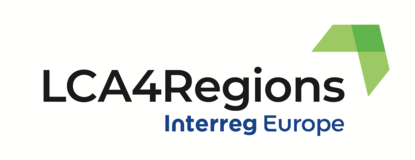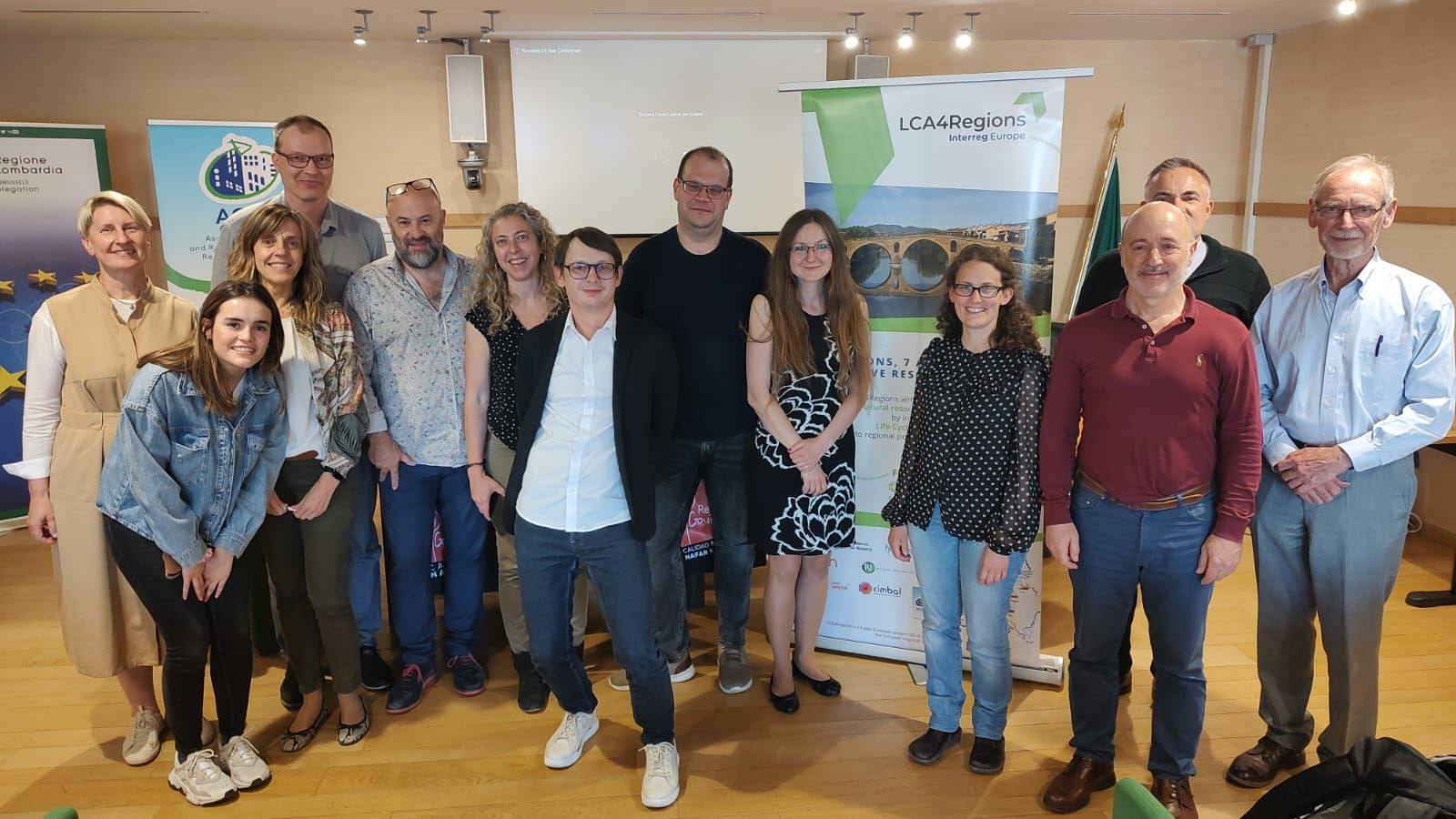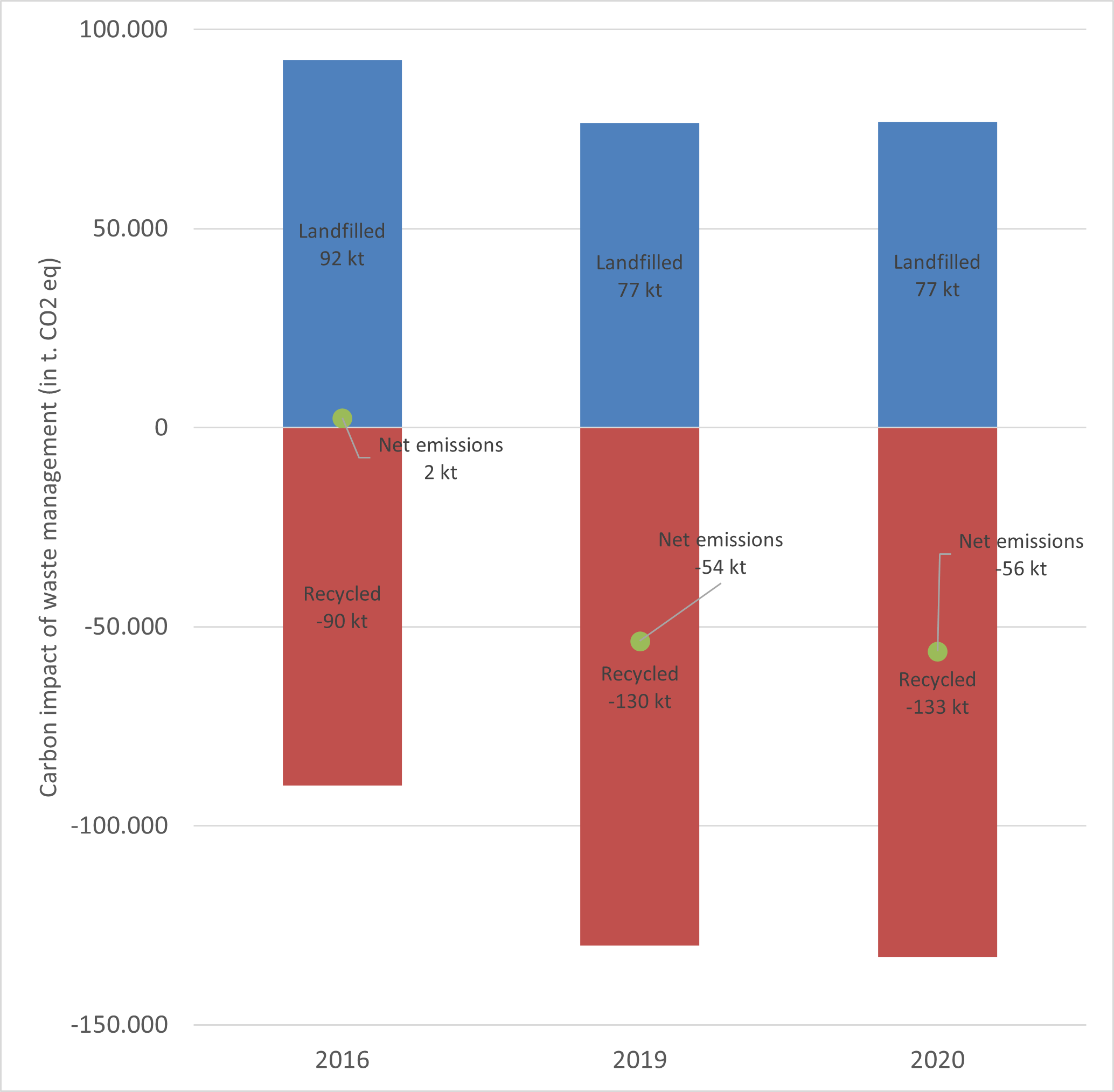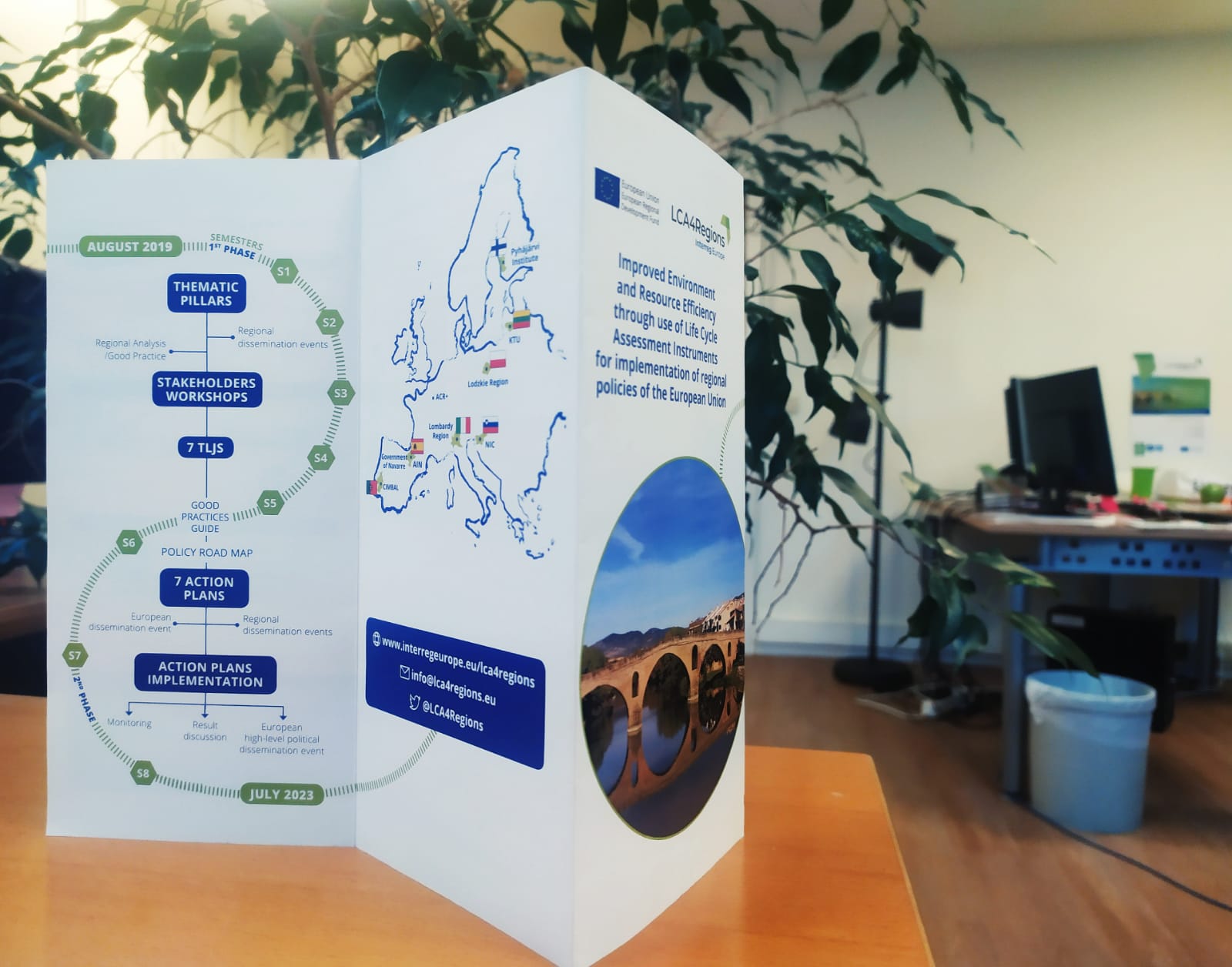The peer review is an essential part of the exchange of experience process. Each Transnational Learning Journey forecasts a peer review session focused on the local policy instruments.
Before the TLJ, partners received a document presenting the context and main policy instruments of the Lodzkie region, also summarized in the Transnational Learning Document #5 and available as a series of article (e.g. Lodzkie’s Policy instruments and legal framework (1)).
It includes the following SWOT analysis:
STRENGTHS
| WEAKNESSES
|
OPPORTUNITIES
| THREATS
|
For the peer review session, participants were split into two breakout rooms, each with a local expert facilitating the peer review process. The participants were asked to provide their opinions on the regional context following three observations:
- adequacy of policy instruments to enhance resource efficiency and environmental protection;
- use of LCA in the application of the policy instruments
- if the experiences presented could be replicated in their region.
A recording of the session (excluding the breakout rooms) is available here.
The following graphics present the key elements that emerged from the peer review sessions for each of the three considerations.











